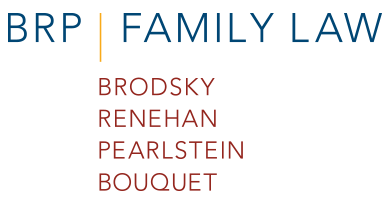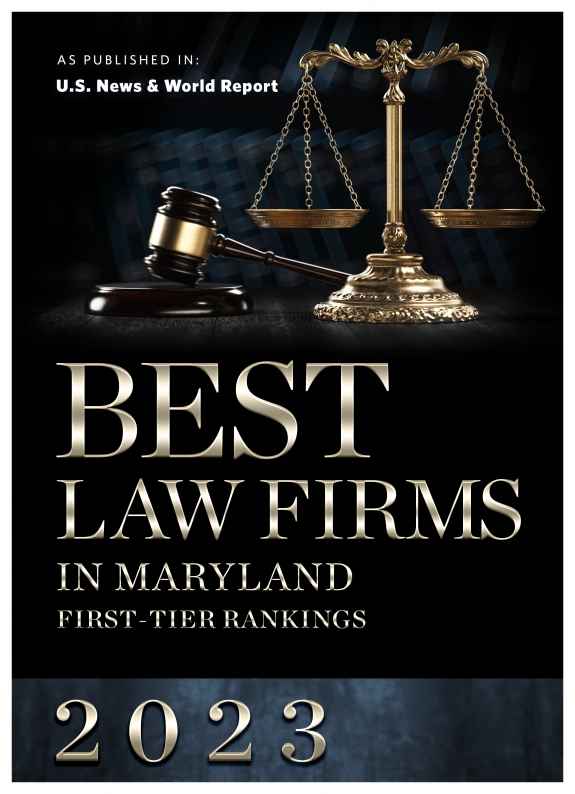At Brodsky Renehan Pearlstein & Bouquet, we represent a lot of business owners and high net worth individuals in their divorce. We often encounter cases that involve accusations of hidden assets. The intent of hidden assets is to reduce the value of marital property and deprive their spouse of legal share. It’s not all that uncommon of a situation. In some cases the complex financial structures that evolve around business ownership lead to an erroneous accusation. At other times the spouse is, in fact, trying to hide assets. If either of these applies there are some specific actions you should take and information you should share with your divorce attorney.
Suspect Spouse Is Hiding Assets
There are several things to look for if you suspect your spouse is hiding assets in your divorce. They can include:
- Unreported income on financial statements and tax returns.
- Esoteric categories on financial statements for “business-related” expenses for business owners.
- Paying for personal expenses through the business in order to reduce income.
- A sudden interest in collecting (or an acquisition binge) high value collectibles like art, firearms, cars or coins.
- A new safe deposit box to which you don’t have access
If any of these sound familiar the best thing you can do is to start collecting documentation and take notes so you can share them with your attorney. Some of the items to gather include:
- Bank Statements
- Tax Returns
- Cancelled Checks
- Brokerage Account Statements
- Pay Stubs
- Appraisals on collectible or an inventory of the collection
When collecting the documentation under no circumstances should you ever hack into or gain access to electronic media or online statements to which you don’t have access. Not only can this be illegal but it can compromise the evidence. If there are accounts to which you don’t have access, make a note of the account and make sure your attorney is aware of it.
Accused of Hiding Assets
If you are accused of hiding assets the job of your attorney is to explain transactions and the legitimacy of the financial structure. Some of the documentation you should collect and share with your divorce attorney includes:
- Business financial audits
- Receipts for business expenses
- Tax returns
- Appraisals
- A list of all financial accounts and an explanation for each
The truth of the matter is that proving or disproving hidden assets comes down to the paper, and nowadays electronic, trail. If you expect a divorce is inevitable then take steps to document your claims and share them with your attorney. Depending on the size of the estate, accusations of hidden assets can involve forensic accountants and other financial professionals. Having the matter documented from the beginning can be the difference in proving your case.
For more information on this issue including additional questions to ask, information to gather, and signs that your spouse may be hiding assets, read my white paper Hiding Assets in a Divorce






